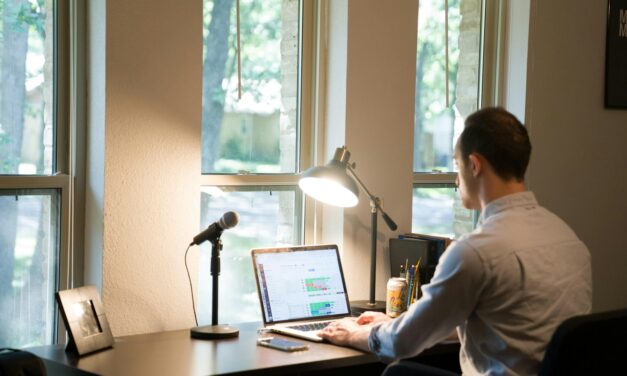Tag: Work from Home
Toby Hough: The Flexible Working Regulation – too little, too late
Just a few years ago hybrid or flexible working was unheard of, but the rollercoaster that was the Covid-19 pandemic in 2020 saw this change forever…
Read MoreWomen in finance ‘driven out of offices’ due to workplace noise
Women in finance are struggling to deal with workplace noise and a third (33%) are forced to work from home in a bid to ‘escape the racket’!
Read MoreTips for maximising work-from-home productivity through strategic napping
Sometimes, napping can be just the thing we need, boosting our productivity significantly! Here’s how you can make the most out of your naps.
Read More98% employers have tried to encourage hybrid workers back to the office
Employers are keen for their employees to return to the office, with 98% having implemented a measure to persuade their employees back to the workplace.
Read MoreHow to prevent virtual meeting fatigue
Flexible working regulation will come into effect on the 6th of April, meaning employees have the right to request flexible working from day one of employment.
Read MoreLanguage-based discrimination prevalent both in office and remotely
Language-based discrimination is when people experience an unfair disadvantage as a result of their written and spoken language.
Read MoreDeskless workers feel less appreciated compared to desk-based colleagues
Just 43 per cent of U.K. deskless workers admit to feeling seen, valued and appreciated compared to 61 per cent of desk-based corporate employees.
Read MoreBrits prefer a hybrid setup over office or remote
A new study sheds a new light on the ongoing debate of going back to the office, being fully remote, or working in a hybrid setup.
Read MoreExpert reveals what hybrid working will mean in 2024
With rumbling whispers about the five-day office week returning and gaining momentum, what will the future hold for hybrid working in 2024?
Read MoreSarah Coughlan: Your office can beat WFH!
Offices are now in competition with the home and, for many, the home is winning! WFH culture is a challenge, but there are ways to improve offices and workplaces.
Read MoreCharlotte Gregson: Work-life fluidity – redefining the work-life balance concept
Stigma around flexible work still prevails in the UK. In particular, fear of requesting flexible work often brings about assumptions of part-time working or a lack of commitment.
Read MoreJess Lancashire: The flexibility revolution – transforming work for UK families
The traditional breadwinner model, where one parent works while the other manages the family, no longer reflects the majority of UK families’ and organisations need to accommodate this.
Read More

- Chris Jay: Inclusive culture – the key to wellbeing for staff with disabilities

- Thom Dennis: 12 ways to crack the code to better mental health at work

- Dr Ana Silvestri: What it’s like to experience burnout as an autistic person

- Adam Goodman-Smith: How coaching can reduce stress in the workplace

- Jeni Wilkie: Is your office neurodiversity friendly? Tips for inclusive office design












